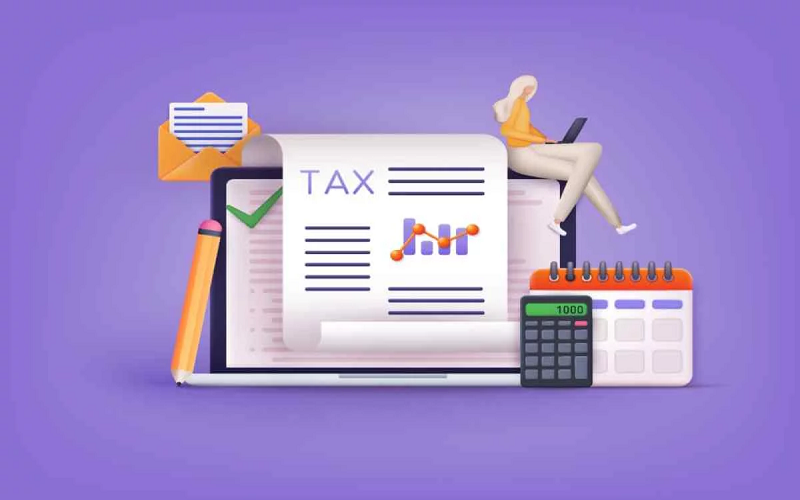If the thought of preparing your tax return invokes fear and anxiety, you are not alone. The convoluted tax laws, plethora of forms, and the fear of making an error can make tax preparation seem an intimidating task. However, understanding and mastering the basics can simplify the process tremendously and even help you in maximizing potential tax savings. This blog aims to equip you with the essential knowledge you need to get started.
Gathering the Required Documentation

A successful tax preparation process starts with effective record-keeping. Proper organization of the necessary documents not only facilitates a smoother tax filing process but also ensures accuracy in reporting income and claiming deductions.
Other Documentation
Keep track of any additional tax-related documents like year-end statements for mortgage payments, and student loan interest forms. A well-maintained record of these documents can offer a comprehensive view of your financial status and also serve as crucial supporting evidence if needed.
Understanding Tax Deductions and Credits
Utilizing tax deductions and credits is crucial to reduce your tax liability. Having a solid understanding of these elements will not only help you reduce your overall tax burden but also make more informed decisions regarding your financial activities throughout the year.
Itemized Deductions
Itemized deductions include expenses such as state and local taxes, home mortgage interest, and charitable donations. Keeping a thorough record of potential itemized deductions can help maximize your tax savings and avoid missing any potential reductions.
Tax Credits
Unlike deductions that reduce your taxable income, tax credits reduce your tax bill directly. Therefore, having a grasp on the tax credits available to you is key to not only reducing your tax liability but potentially also enabling higher tax refunds.
Filing Your Tax Return
Filing a tax return is more than just filling out forms. It involves making decisions that can affect the size of your refund or tax bill. This process, though seemingly daunting, is fundamentally about reporting your income and deductions accurately to ensure you pay your fair share of taxes.
Choosing A Filing Status
Your filing status determines the rate at which your income is taxed. Hence, it’s crucial to understand the different categories to identify the best fit based on your current life situation, as it can have a significant bearing on your tax obligations.
Considering Tax Preparation Assistance
For some, leveraging a tax preparation outsourcing solution may be a beneficial path to consider.
Understanding Tax Payment Obligation
Knowing when and how much tax you are supposed to pay is vital to avoid penalties. Meticulously planning out your finances throughout the year can assist in arranging the necessary funds when it is time to pay your taxes.
Quarterly Estimated Tax Payments
If you’re self-employed or have an income other than your salary, you may need to make estimated tax payments quarterly. This ensures that you keep up with your tax obligation and avoid a large tax bill at the end of the year.
Paying Taxes On-Time
The IRS imposes penalties for late tax payments, so it is important to meet the tax payment deadline. Regular and timely payments not only keep you out of legal trouble but also help maintain your financial and psychological peace.
Before settling on your final decision of handling your taxes, it’s important for individuals and businesses to consider exploring various solutions such as outsourcing tasks to experts or integrating automated services such as payroll processing services.
Conclusion
Tax preparation doesn’t have to be a daunting task. By understanding the basic documentation, comprehending the benefits of tax deductions and credits, knowledgeably filing your tax return, and understanding your tax payment obligations, you can simplify the process significantly. It’s also noteworthy to consider the potential benefits of outsourcing tax preparation or payroll processing tasks to make the process even smoother. After all, equipping yourself with basic know-how and making informed decisions is the seam between seeing tax season as a nightmare or recognizing its potential for major financial benefits.
